Championing multi-stakeholder approaches to universal access

About Multi-stakeholder Platforms
A multi-stakeholder platform (MSP) is an approach that aims to bring together diverse stakeholders to address challenges, develop joint commitments and facilitate coordinated action towards water, sanitation and hygiene for all. MSPs can take different forms and can be described in different ways. They could be formal sector platforms, networks or mechanisms for dialogue and co-ordination. Their objective, however, is always the same: meaningful, effective participation and joint working and decision-making between stakeholders.
The multistakeholder approach is SWA’s way of working - SWA symbolizes, promotes, celebrates, supports, organizes and works with multi-stakeholder processes and platforms at all levels, global, regional, national, provincial and local.
For more on how MSP works and how they are of strategic importance for the water, sanitation and hygiene sector, and SWA’s role, please read our Quarterly Note “A SYMPHONY NEEDS AN ORCHESTRA: Linking multistakeholder approaches to a more effective sector and more concerted efforts”.
Why are multi-stakeholder platforms important?
The existence of effective MSPs will strengthen processes that are essential for a healthy water and sanitation sector. MSPs incorporate broad voices in decision making. It will ensure a common understanding of sector priorities. It will help to identify clearer roles and responsibilities for achieving those priorities. It will also help with monitoring progress, identifying stumbling blocks and holding each partner accountable.
The scale of collaboration needed to achieve the SDGs is reflected by a specific Sustainable Development Goal dedicated to improving partnership working. SDG17 recognizes multi-stakeholder partnerships as crucial vehicles for mobilizing and sharing knowledge, expertise, technologies and financial resources to support the achievement of the SDGs.
Access to water, sanitation, and hygiene services relies on a diverse range of actors across government and non-governmental agencies. Access to those services also drives progress for other areas such as education, health, nutrition, jobs, and the broader economy.
The cross-cutting nature of water, sanitation and hygiene therefore make effective collaboration between stakeholders particularly important – and particularly effective.

Clear commitments, targets and responsibilities driving sector forwards in Pakistan

Inspiring collaboration and coordination in Paraguay
What are the key elements of an effective multi-stakeholder platforms?
Key attributes for developing, implementing, or strengthening multi-stakeholder processes include:
Government leadership
Processes for planning, follow-up and review should be led by governments. This helps ensure ownership and alignment with a national vision and strategy. Where such leadership is lacking for a national sector, SWA partners should explore ways to strengthen their government’s leadership role, rather than attempting to step in and replace it.
Inclusive approaches and platforms
Part of a government’s role should be showing leadership in creating space for all stakeholders to be involved. They should ensure as broad a spectrum of expertise as possible can meaningfully contribute to sector planning, follow-up and review. For the SWA partnership, efforts to involve all the SWA constituencies is crucial for healthy sector processes. This means exploring ways to ensure representation of civil society organizations, external support agencies, research and learning institutions, the private sector, and utilities and regulators.
Representation for different contexts
While a single national platform is ideal, it is also possible to have more than one MSP within the country, in order to ensure efficiency and depth of dialogue (e.g., at local level). It is more important to ensure that there is no aspect of the sector that is not covered, and that there is no actor or community that is excluded from sector processes.
How does SWA support multistakeholder platforms
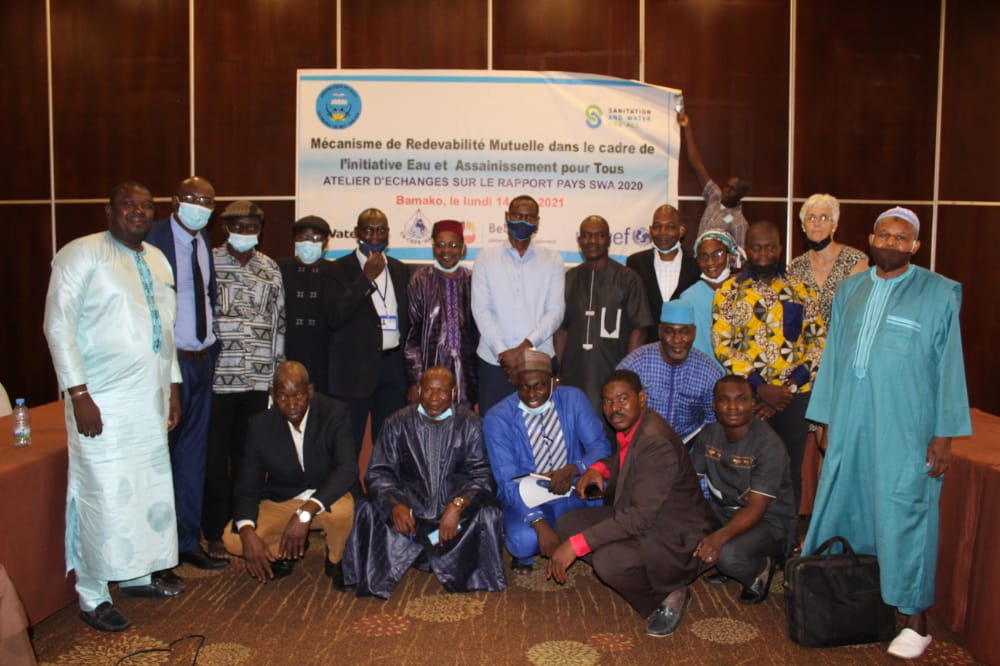
SWA promotes multistakeholder approaches at all levels, including the global (the World Water Forum and the UN General Assembly) and the national (for example, during the leadership visits to Peru, Colombia and Mali.
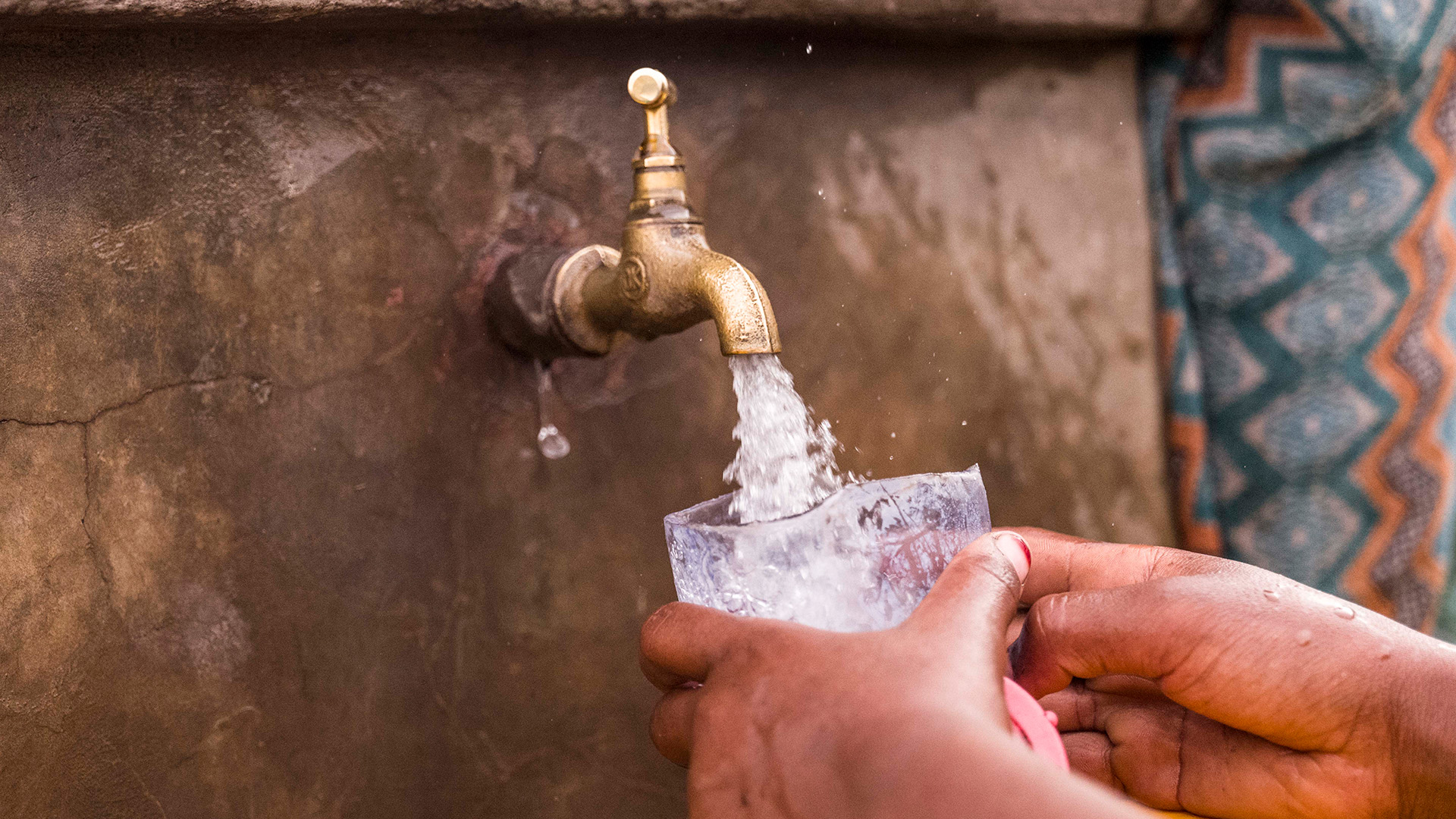
SWA celebrates multistakeholder approaches of its partners, highlighting, for instance, Ethiopia’s ONEWASH Programme which was showcased during the 2016 SWA High-level Meeting and Vietnam’s efforts in to use MSPs to address inequalities.

SWA supports multistakeholder efforts – the SWA High-level Meetings (HLMs) aim to spark and strengthen MSPs in countries, notably via the preparatory and follow-up processes. This is perhaps most evident in the increasingly robust preparations for the HLMs and SWA’s support to these preparations, such as in Zambia in 2018, Mali, Nigeria in 2019 and Bangladesh in 2020.

SWA also creates space for different stakeholders to join sector dialogues at regional and international levels, through constituency delegations in all HLMs, or providing space for the Private sector, civil society organizations and youth groups to express their positions at gatherings in regional forums, as well as through communications activities for global meetings.
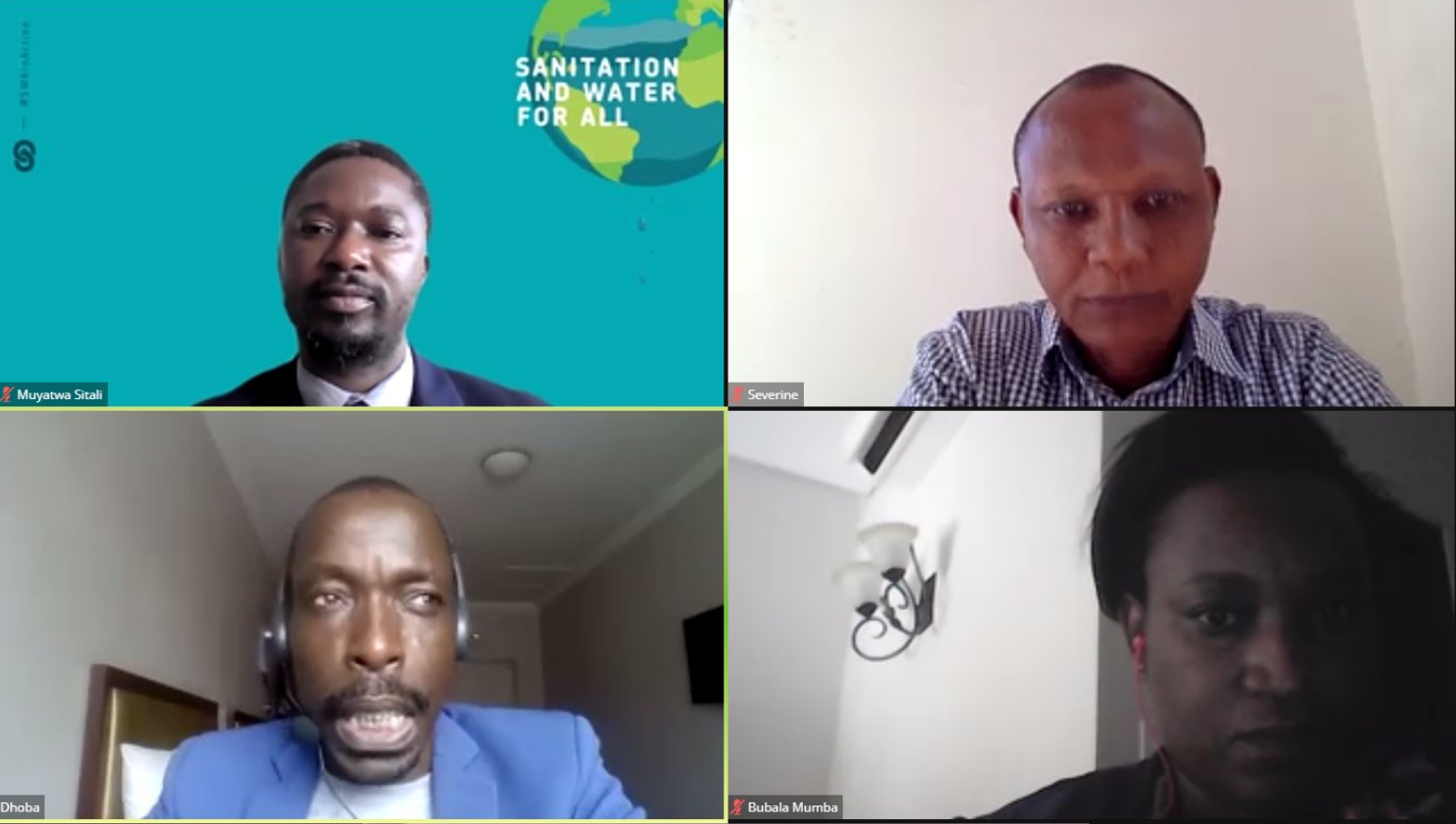
SWA is a platform for multistakeholder exchange and learning through the Partnership Exchange Forum, country visits, ministerial webinars and roundtables and peer to peer exchanges.

SWA provides partners with technical support around MSPs, helping to establish and work with multistakeholder platforms – SWA committee in Mali and SWA task force in Malawi are reflections of the macrocosm that is the multistakeholder nature of SWA at international level, and illustrations of the support SWA provides to multistakeholder collaboration at country level.
SWA’s Multi-Stakeholders Collaboration Working Group (MSCWG)
One of the SWA partnership Working Groups is dedicated to strengthening sector MSPs in partner countries. It is composed of SWA partners representing all SWA constituencies and the Group’s key objectives are:
- Promote and support government-led multi-stakeholder platforms.
- Demonstrate and support multi-sector, multi-stakeholder approaches.
- Build a culture of mutual accountability for results.
Case studies
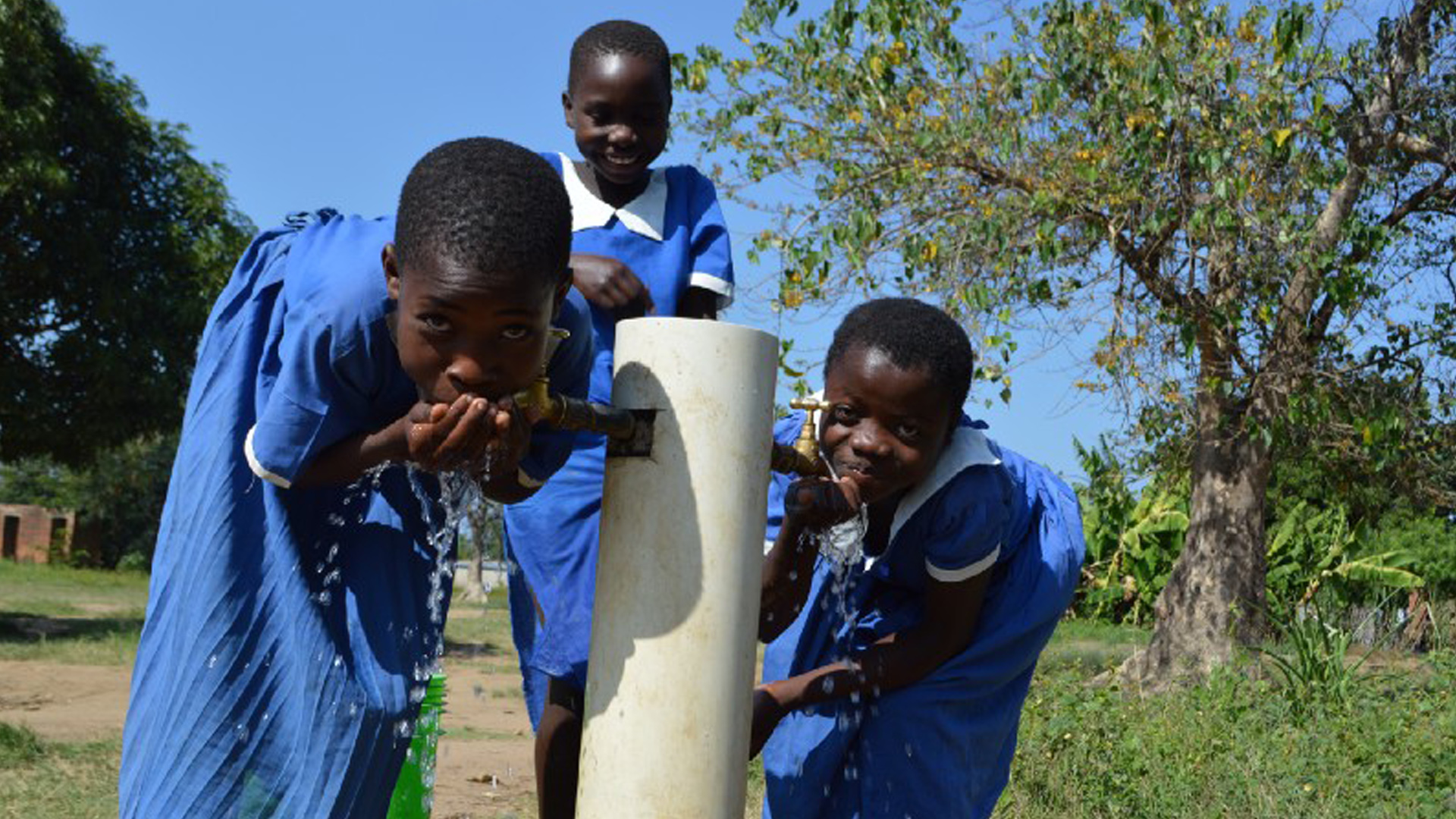
Mali
Mali’s WASH sector includes several multistakeholder processes, including the annual Joint Sector Review, the National water council, and the Interministerial WASH coordination committee, and bilateral dialogues. The annual National Consultation of WASH Actors is being organized in Mali for the past several years and brings together all relevant stakeholders, including local collectivities. This Consultation generally takes place before the JSR. One of the key commitments agreed upon and tabled during the 2019 Consultation was to organize a National dialogue on WASH financing. This commitment was formalized as a national commitment on the SWA Mutual Accountability Mechanism – moreover, SWA contributed to the Dialogue on financing by providing support in the preparation (eg. defining the ambit of the Dialogue), expertise (via intervention by domain experts from the SWA Secretariat) and resources (via the Finance Ministers’ Handbook on WASH financing).
In March 2020, the CEO of SWA visited Mali, where she interacted with - and advocated to - all important stakeholders, including the parliamentarian WASH network and the major donors who are present in the country but not active in the WASH sector. This visit provided visibility and advocacy for the ongoing multistakeholder processes in Mali – moreover, the visit itself was strongly multistakeholder in nature.
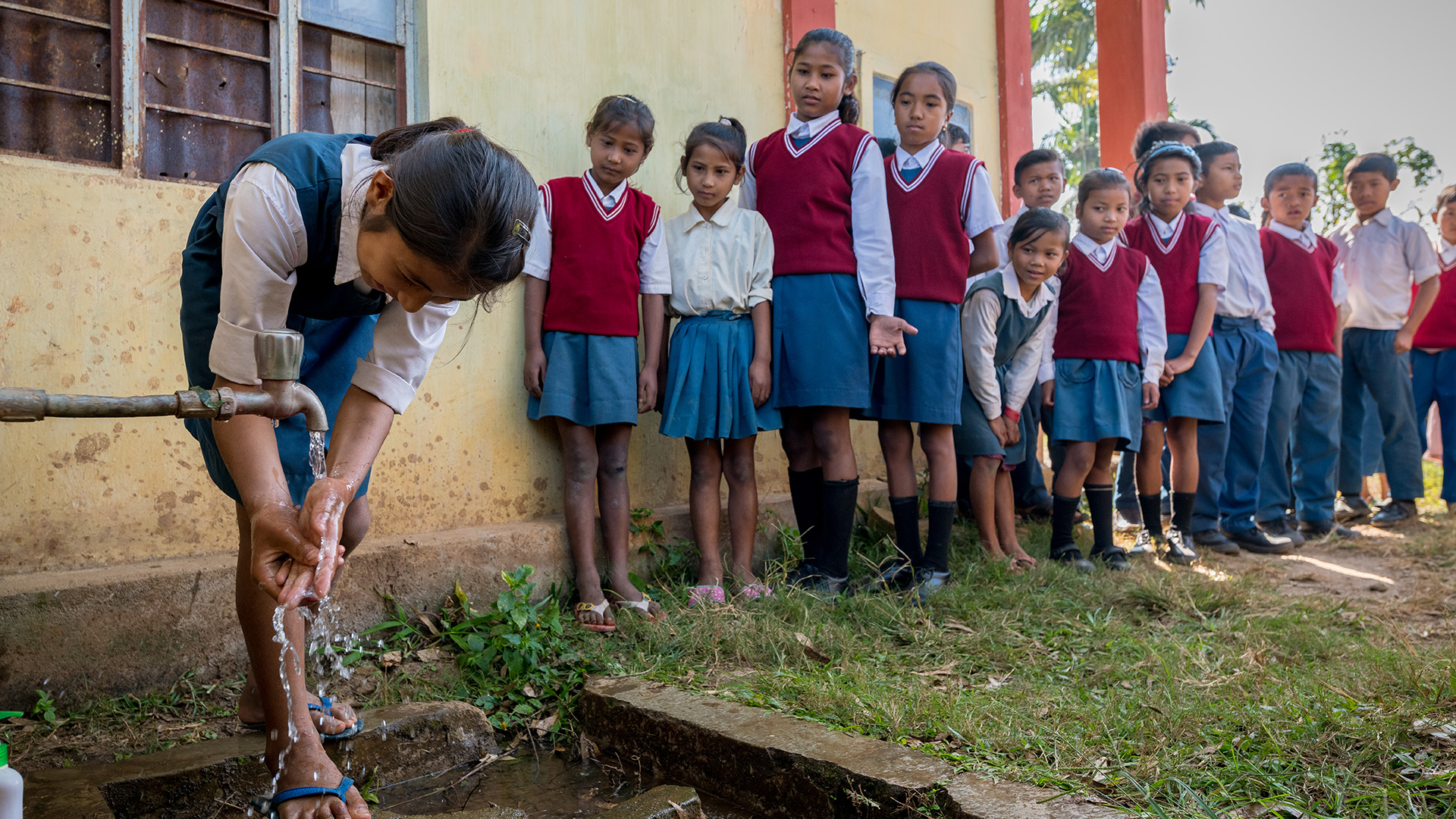
Nepal
Nepal’s National Sanitation and Hygiene Coordination Committee brings together all the major partners in the WASH sector in Nepal, from the national to the most local levels. It was set up with the goal of ending open defecation in the country. Its role is to decide on processes and guidelines, which are then implemented by the partners including the local governments with their own funds.
The platform plays the role of coordinating the sector (eg. clarify stakeholder roles and avoid overlapping and duplicated efforts, coordinated and participatory monitoring) while fostering the spirit of working together, ownership of the goal by all stakeholders and recognizing and rewarding contributions and successes.
Thanks to the government’s commitment made under SWA’s Mutual Accountability Mechanism and SACOSAN and also due to its own national priority, achievement of national ODF has become possible. Now, the Committee is working on a ‘Total Sanitation’ concept with various aspects of water and sanitation in rural and urban areas. This will accelerate progress towards the SDGs.
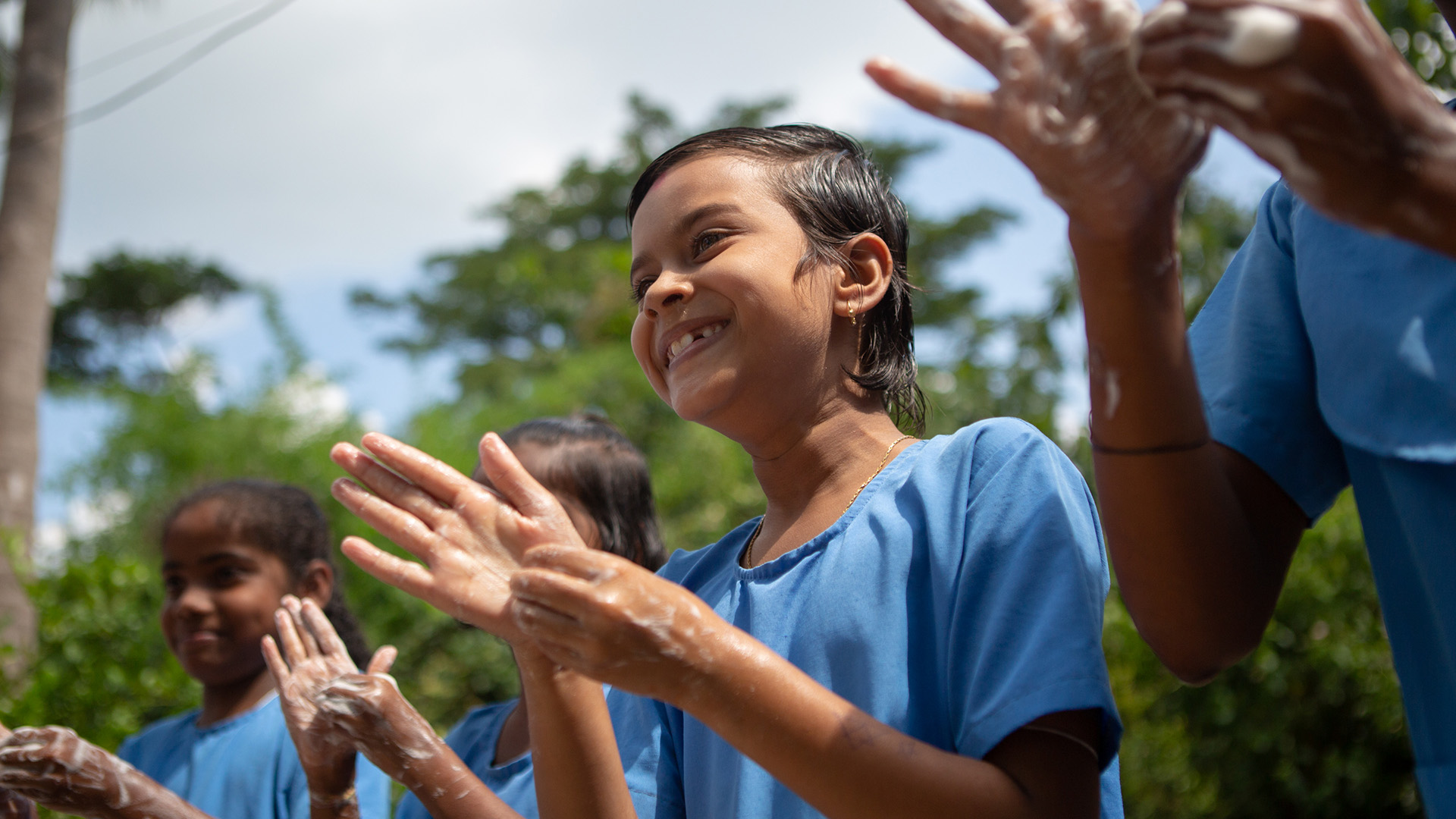
Peru
The 2030 Water Resources Group (2030 WRG) is a public, private, multi-donor trust fund hosted by the World Bank Group. It supports stakeholders in collective decision making, and in co-designing solutions across all sectors connected to water (water and sanitation services, water resources and, most recently, climate action). It is also a project funding mechanism in some countries.
The 2030 Water Resources Group multi-stakeholder platform in Peru has helped build cross-sectoral relationships and facilitates dialogue among the diverse set of key stakeholders. It has enabled stakeholder consultations on topics like water governance policy, regulations, private sector action, water stewardship efforts and social impact, and community participation. The SWA CEO visited Peru in September 2019, meeting all crucial stakeholders in the country, including an interministerial meeting and an inter-donor roundtable. This visit highlighted the need for sector platforms to have stronger representation from all constituencies and for the platforms to be more resilient during changes of government. This advocacy from the SWA leadership paved the way for the WRG to include civil society organizations – subsequently, the WRG met with leading civil society actors and efforts are now afoot to invite the most relevant civil society to join the WRG.
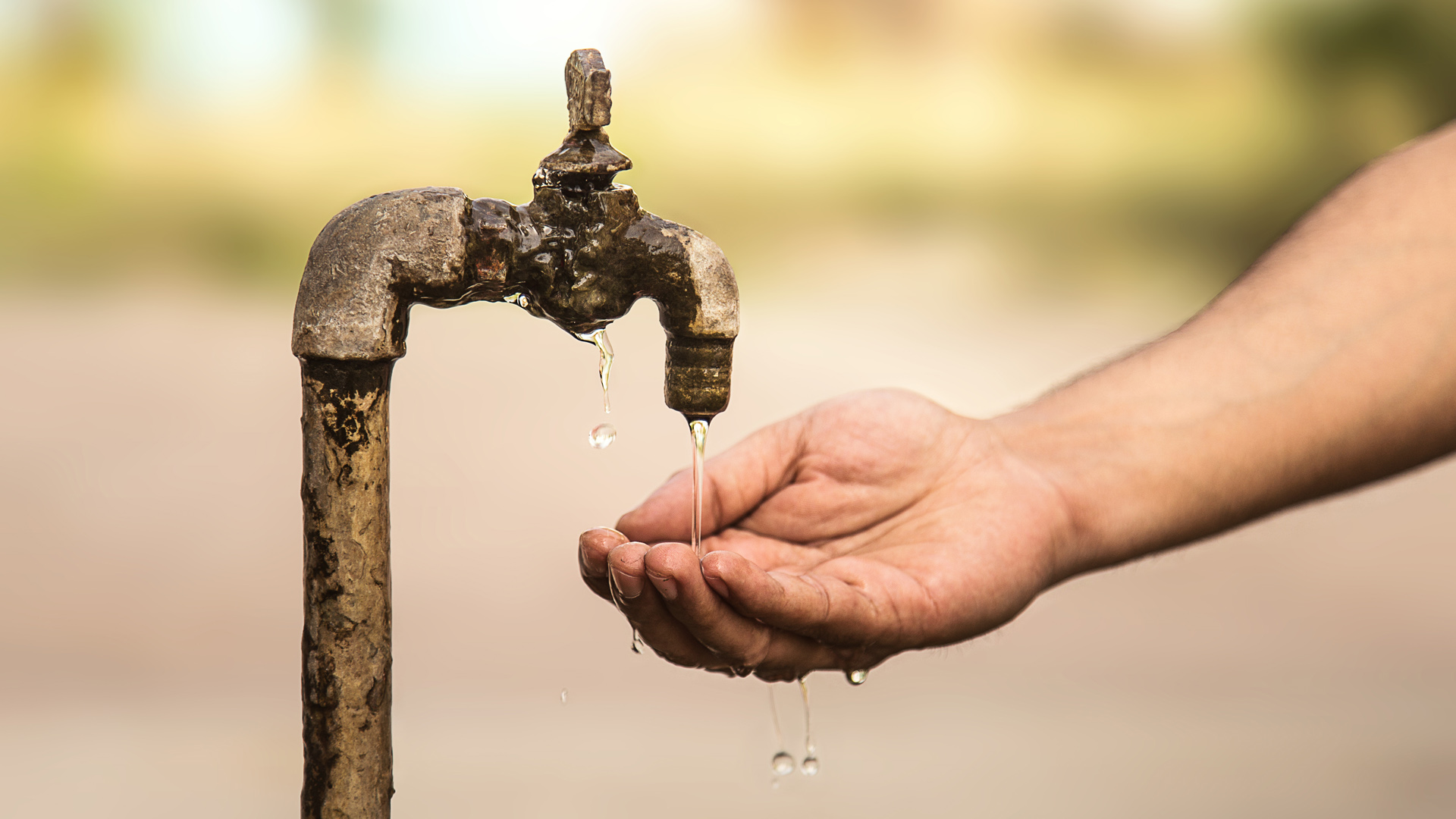
Cambodia
Following the 2022 Sector Ministers' Meeting, the Minister of Rural Development chaired a meeting to decide on the actions needed to follow up the SMM. SWA’s support has been to bring in the research and learning partners into the national sector processes. In response to the government’s stated desire to conduct action-oriented research, SWA mobilized the Research and Learning constituency and thereon, national universities, who have not yet joined SWA as partners. A dedicated workshop involving the government, WaterAid and 8 universities identified areas in which national Research and Learning organizations could contribute to the sector. Further, efforts are underway to use a similar approach to attract private sector actors to contribute to rural water, sanitation, and hygiene. In addition, SWA had also already facilitated a peer-to-peer exchange between Cambodia and Nepal on national information systems as mentioned above.
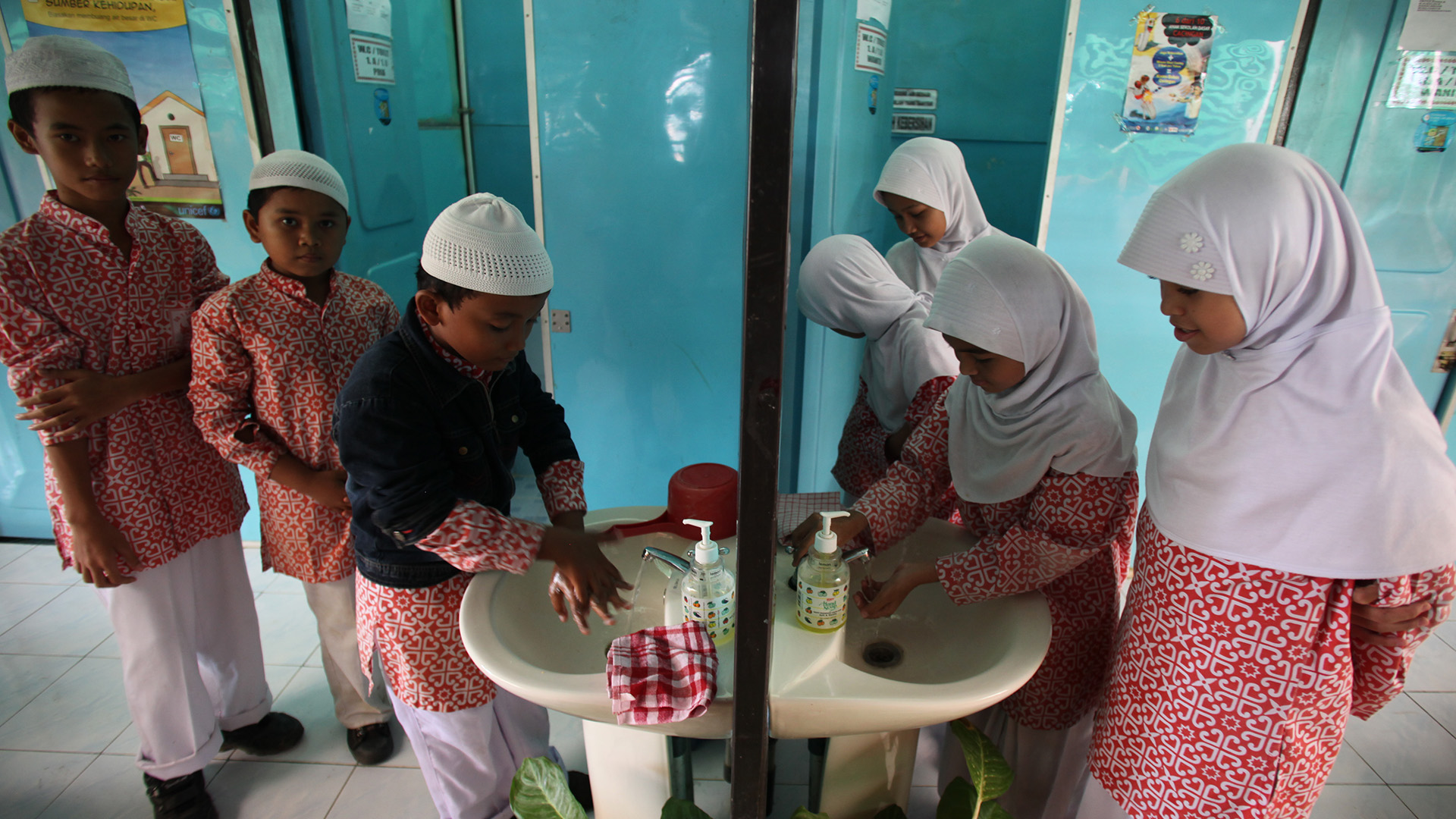
Indonesia
In Indonesia, Mutual Accountability Mechanism catalytic funding was primarily used to increase the range of actors coming together to discuss the water, sanitation and hygiene sector’s future and collaborate, particularly ahead of the 2022 Sector Ministers' Meeting. Through a series of webinars, the water, sanitation, and hygiene network Jejaring AMPL and the think-tank Center for Regulation Policy and Governance (CPRG), enhanced awareness about SWA, and helped develop a new set of MAM commitments. As a result, “new” actors became more engaged in the dialogue, and agreement was reached to organize Indonesia’s first academic conference dedicated to water and sanitation, scheduled for March 2023. Even more importantly, participants also reported that SWA’s role in the country was crucial as it was perceived as a ‘neutral platform’ to convene stakeholders, reduce sensitivities and to shift from coordination to mutual accountability.
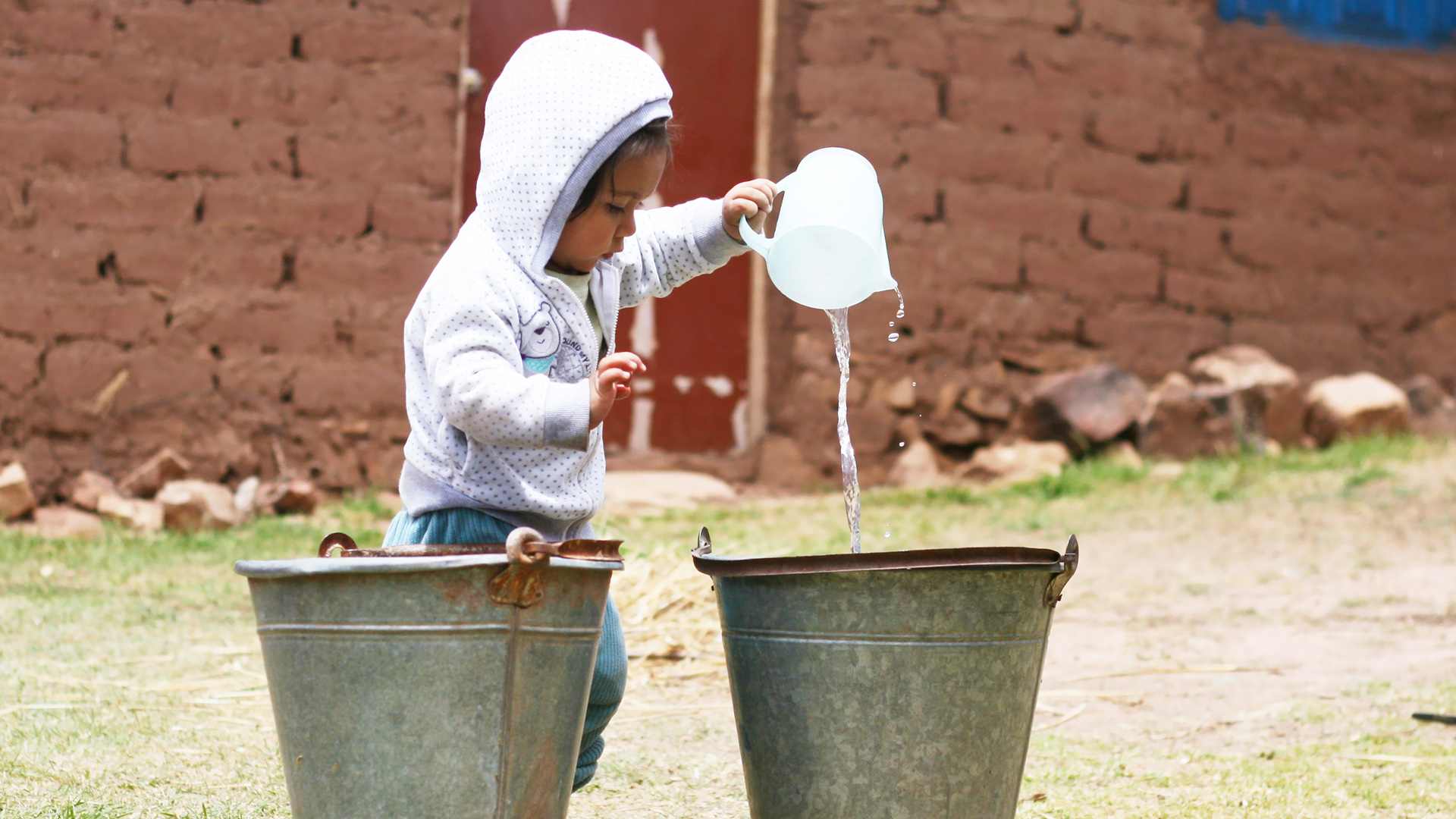
Honduras and Haiti
With the SWA Secretariat’s support, the country recently conducted their first comprehensive mapping of sector stakeholders to better understand the functioning and structures of the different coordination groups. This is in preparation for a position document that the sector wants to prepare with good practices on multistakeholder platforms; this position paper seeks to influence and inform the Ministry of Planning, which oversees all such coordination. The same has been done in Haiti, albeit at a more preliminary phase.
About SWA
SWA is the United Nations-hosted partnership working towards a joint objective of water, sanitation, and hygiene for all, always, and everywhere.
Mutual Accountability Mechanism
SWA’s Mutual Accountability Mechanism is designed to respond to the the obligations of participation, transparency and accountability.
High-level meetings
SWA’s High-level Meetings are unique in the sector and the partnership’s most visible activity. They are platforms where ministers from different countries come together and discuss the achievement of the water, sanitation and hygiene-related targets of the SDGs.